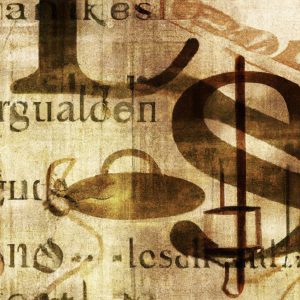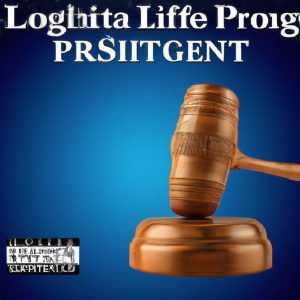
Top Signs You Need a Probate Lawyer: Don’t Miss These Crucial Moments
Top Signs You Need a Probate Lawyer: Don’t Miss These Crucial Moments Recognizing the Need for a Probate Lawyer Though handling a loved one’s estate can be overwhelming, it’s crucial to identify when you need professional legal assistance. Here are the key signs indicating you should hire a probate lawyer. Complex Estate Assets If the estate includes complex assets such as businesses, multiple properties, or investments, a probate lawyer ensures these are handled accurately and legally. Common Complex Assets Asset Type Example Businesses Partnerships, Corporations Properties Real Estate, Rental Properties Investments Stocks, Bonds Disputes Among Heirs Family disputes can quickly turn emotional. If there is discord among heirs, an experienced probate attorney can mediate and ensure the estate is settled











